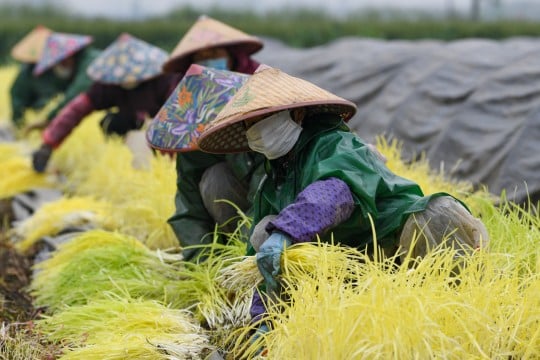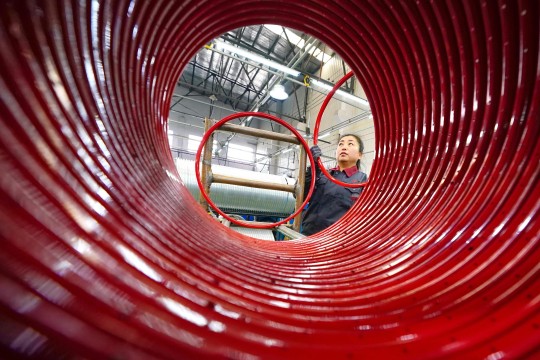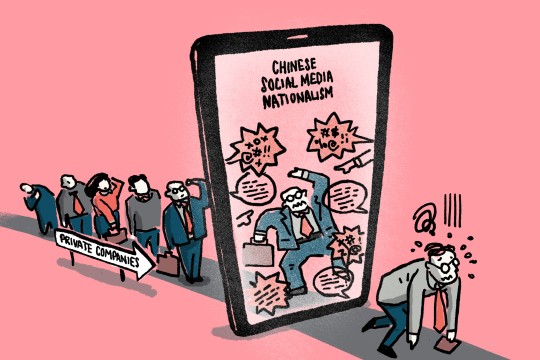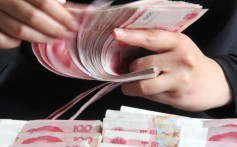President Xi Jinping’s strategy to reduce wealth inequality is now the main objective in China’s next stage of development
- But heavy-handed regulation coupled with a slowing economy has some middle-class citizens worried about their livelihoods
Reducing wealth inequality is now the main objective for China’s next stage of development. Photo: Bloomberg
Six months after losing his job at an online education firm amid an industry-wide crackdown, Michael Zhao now makes a living linking mainland students with foreign English tutors – albeit on the sly.
China banned classes with overseas tutors last summer and ordered private education companies to switch to non-profit status, part of an overhaul in the sector aimed at reining in runaway investment, easing students’ workloads and reducing financial pressure on families.
The clampdown on the private education industry, which had once employed more than 10 million people, has led to a flood of business closures and lay-offs around the nation.
World Bank Group also warns that the pandemic has widened the rich-poor gap, particularly in emerging markets and developing economies such as China.
Just this month, a former finance minister said official economic indicators failed to paint an accurate picture of China’s economy, and publicly available data did not show how many firms had vanished.
China’s largest PC maker grilled on social media over its sale of state assets, high executive pay and its foreign executives threatening national security. Owners of private companies in China worry they’re next.
China and the West face similar challenges – widening income disparities, powerful Big Tech firms, deepening societal divide. The difference is that China is tackling them head-on as it transforms into a modern socialist economy.














